"Everybody’s going to ask us about The Elder Scrolls 6": Bethesda's Pete Hines on the studio's vision
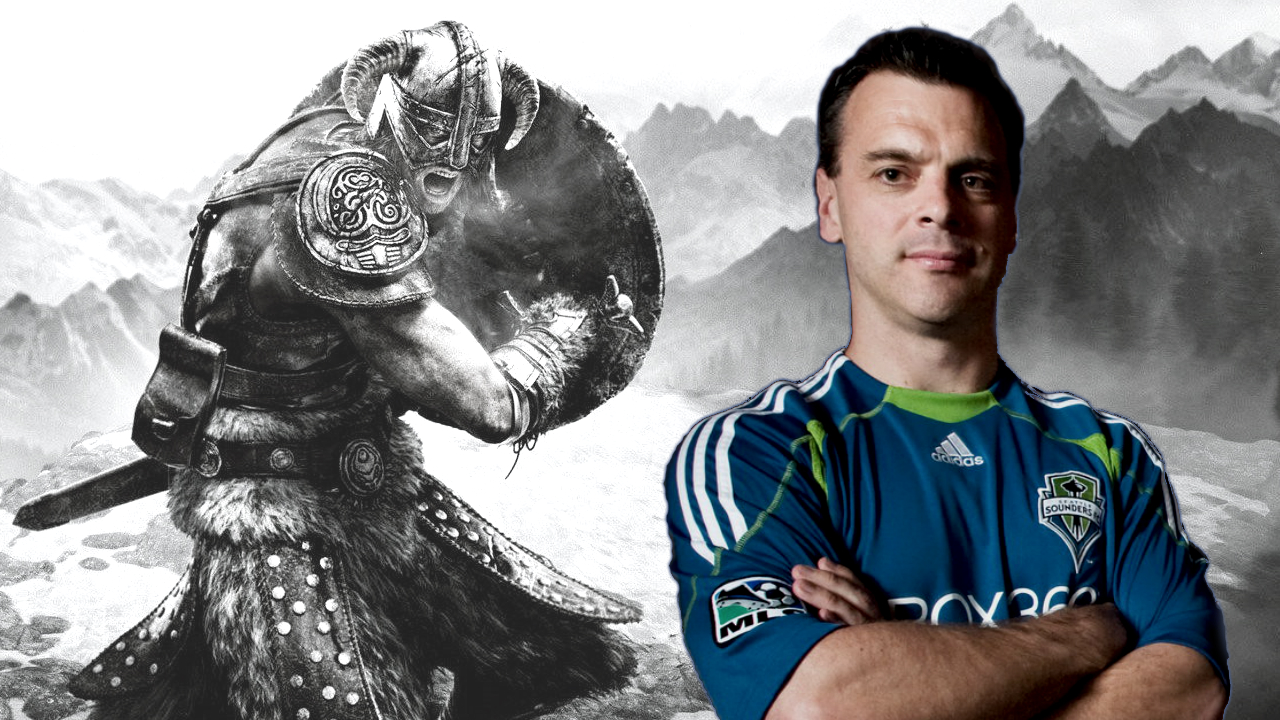
The public face of Bethesda is probably a Skyrim Dovahkiin in a horned helmet, or maybe a Fallout power armor suit - but VP of PR and marketing Pete Hines comes in at a close third. He's the guy who presents their big press showcases and can be seen at shows and fan events all over the world.
After 18 years at Bethesda, Hines has seen it all, and 2017 is a big year for the studio. It's a time when you can play the studio's flagship titles on console, on PC, on Nintendo Switch, and even in virtual reality, and it's delivering blockbuster games like Wolfenstein: The New Colossus to excited fans. We talk to him about the Doom news, why The Elder Scrolls 6 could still be a way off and Bethesda's bigger picture.
GamesRadar+: Can you talk me through the process of bringing Doom to Nintendo Switch, and why you thought it would be a good fit?
Pete Hines: Our general philosophy has been that we want to try and get our games on as many platforms as will support them in the way that they’re designed, right? [For instance,] we could make some version of Skyrim work on a Dreamcast, but what that would look like and feel like - it wouldn’t be worth the effort, so that doesn’t count. It wouldn’t be worth the effort, so that doesn’t count. It has to have the vision to be viable, and Doom was just that. We’d been talking to Nintendo for a long time. They came by and showed us the Switch when it was still a prototype, and much like everything else - whether it’s VR or mobile - we asked our studios to take a look.
There were a few challenges in getting a game like Doom to work on any new platform, but working with the Nintendo guys was really great, in terms of solving some of the technical challenges and making sure that it still looked like Doom and felt like Doom and it was fast and fluid.
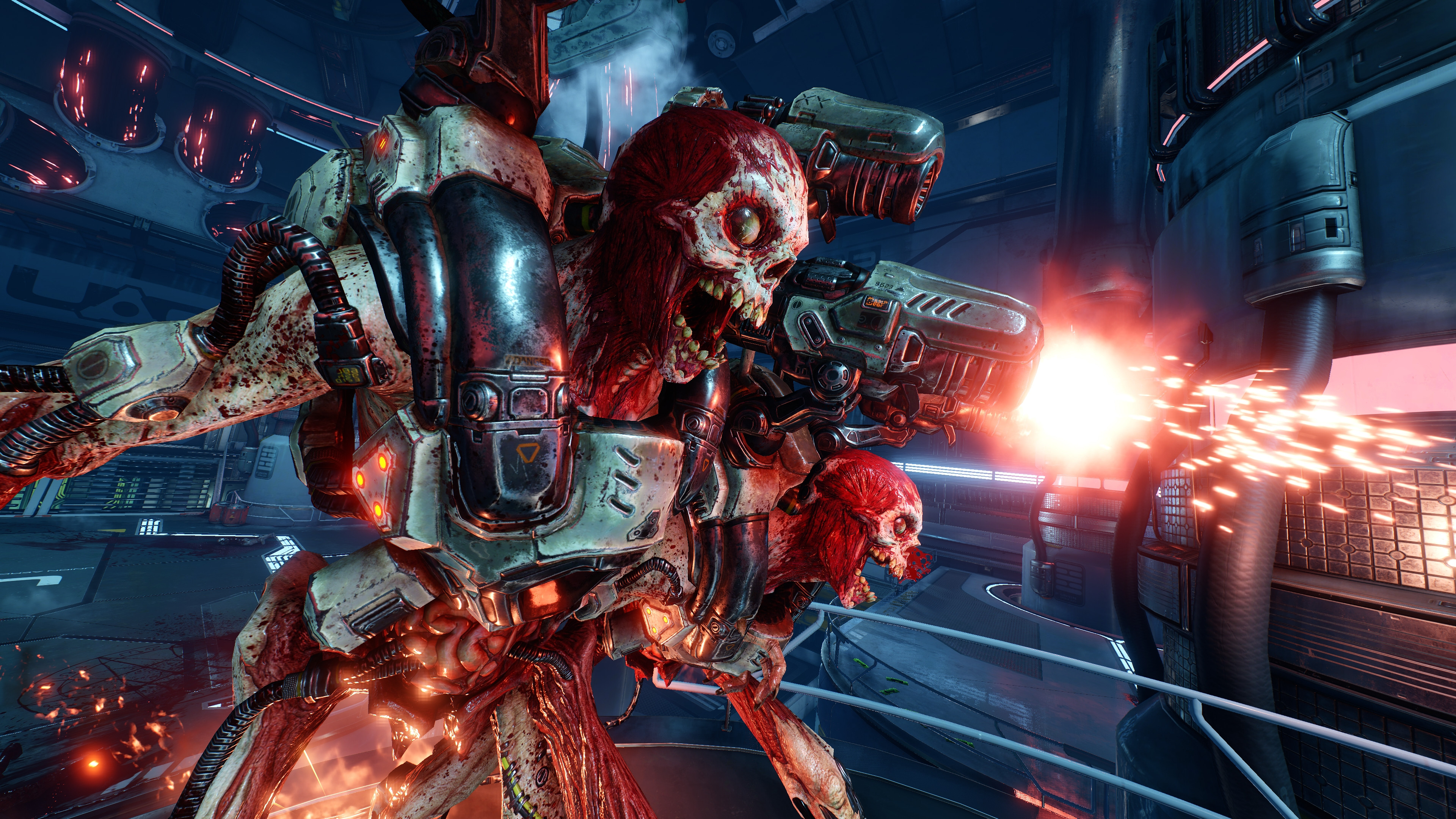
I’ve played Doom in VR and now on Switch, and both of those aren't an obvious fit, but both of them maintain that same Doom feel...
And that Doom VFR one is definitely more of an interpretation, right? Because it has to be.
I still felt that same Doom rush.
That was the goal. How do you capture that feel of aggression and fighting demons and killing stuff, but not actually trying to run around and double jump that fast in VR. We don’t have to guess - we know for a fact that that absolutely does not work, nobody can play it that way without getting sick. So being able to bring that kind of experience to a smaller, more encapsulated thing for VR... it’s cool to broaden the horizons and show what these platforms can do.
So suddenly you'll have a new audience on a Nintendo machine - could that impact choices you make about platforms in the future?
Right now, I’d have to hypothesize, because we haven’t actually released either of these. But for argument’s sake, if we sell a hundred thousand copies or if we sell a hundred million... well, yeah, great. Or we sell ten copies versus ten million, obviously either of those are going to be pretty defining data points.
Sign up to the GamesRadar+ Newsletter
Weekly digests, tales from the communities you love, and more
The truth is that most of the time, the numbers end up somewhere in between those two groups - like you don’t get to be Breath of the Wild, most games don’t. You tend not to get something that’s just such a clear 'absolutely no' or 'absolutely yes' - it usually falls in the grey area.
But honestly, I guess what we’re trying to do is bring titles that we think are a good fit, or are doing something different on a platform. Why do Skyrim on VR? Because we can - nobody else is. So what happens if you put 200-plus hours worth of gameplay on a PS VR? How do folks react to that? How do they like it? And sure, that’s another thing that will feed back. "Should we do more of this? Should we do less of this? Did they love it? Did they hate it? Were they ambivalent?"
I think you might be the first to make that many hours of gameplay available in VR.
We certainly plan to - or think we’re going to - learn some things, in terms of size of the audience and install base and their preferences and how long they played it for. Are there points they dropped off?
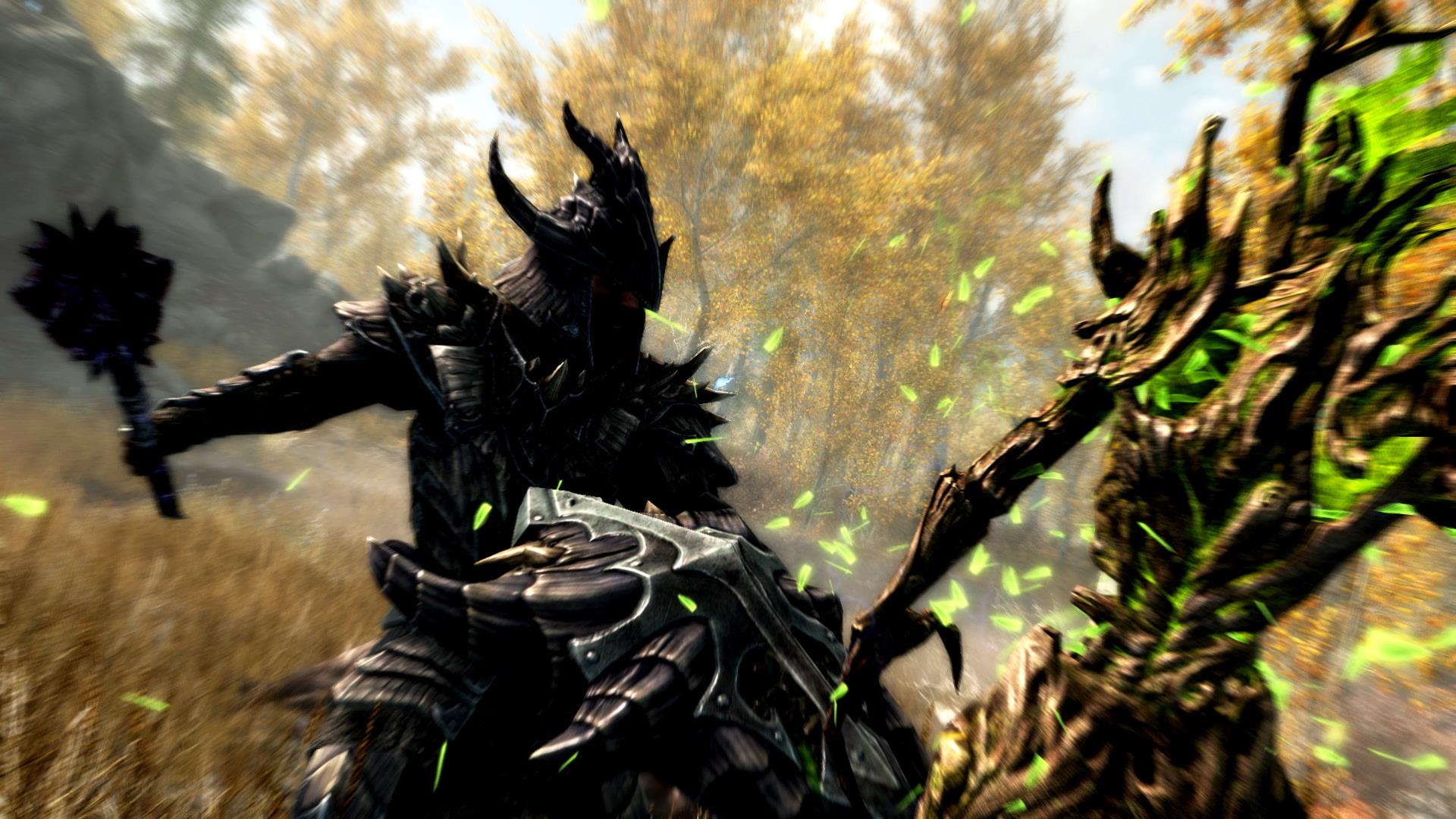
Does this represent a time of experimentation and discovery for you guys?Maybe a little bit, but I also think that’s in our DNA. Next month is eighteen years for me at Bethesda - that’s a long-ass time! But in that time, that's a thing that I feel like should be part of what we do: trying new things, or trying things that maybe other folks aren’t.
Everything isn’t a home run, and everything isn’t Game of the Year, but I don’t think you get from where we were to where we are by not trying some stuff and taking some chances and trying to innovate. So I think that’s inherent in who we are - we need to be doing that, our studios need to be doing that, or we get stale. Our DNA as a publisher really comes from our DNA as a developer. Whenever we go into the next game, we're going to throw everything out and start over, right? And it’s not that we won’t use some old ideas or try and improve on some things, but we need to not be beholden to any of our previous notions about what’s going to work. Because as soon as we start doing that, we’re going to end up with just small little iterations instead of huge leaps forward, and I think we should do big leaps forward.
VR and Switch aside, you have experimented with mobile and things like that. No one expected Fallout Shelter in 2015.
Your expectation could've been "Well, they did Fallout Shelter as part of this thing for Fallout, so now they’re going to do a mobile thing for everything..." Except that’s not what we do. We don’t say "We’re doing Wolfenstein, so where’s your Wolfenstein Mobile?" "We’re doing Evil Within so where’s your Evil Within Mobile?" That’s not how we think about VR or mobile. Everything has to be a good fit for what is it the studio wants to do with the kinds of things that they make, and the kinds of ideas that they have. What is a good outlet or avenue for that? If that’s VR? Great. If that’s mobile? Great. And if it’s neither... also great, as opposed to "Hey, Fallout Shelter was a big success, where’s your Wolfenstein-meets-Bejeweled game?"
"Hey, Fallout Shelter was a big success, where’s your Wolfenstein-meets-Bejeweled game?"
Pete Hines
I would play that!
But we don’t want to take that kind of prescriptive route, because I don’t think that would serve us very well.
I feel like every time you guys announce something - no matter how cool that thing is - there’s always a part of your fanbase that’s says "But I wanted them to be announcing this..."
I mean... it’s been that way for eighteen years now...
You’re like the George R. R. Martin of games - every time you do something, someone goes "Well, why aren’t you doing this?"
Unless it’s the exact thing that they’re all asking for ,then yeah - you’re going to run into some amount of that. We’re aware of it, but we’re not going to let it define what we do. Ultimately, we’re going to try and do the things that we think are the best for the games that we're making, because that’s, honestly, all I can really control. I’ve tried to help mitigate some of that - I went to Todd [Howard, director of Bethesda Game Studios] a couple of E3s ago and said "Everybody’s going to ask us about The Elder Scrolls 6. You have to help me, you have to help me come out and say what the studio’s path is, and when The Elder Scrolls 6 is coming, to try and manage expectations."
[The development teams] aren't just a vending machine where you press for the soda and they just go back and forth - they want to be able to stretch their legs creatively, or try a new idea, or do something different and not just fall into the same pattern.
I think you see a lot of developers do that, and quite honestly, if we didn’t have folks break from it then you don’t get Horizon: Zero Dawn. Like, how unbelievable is that game? And if [Guerrilla] just stayed on that path for what they were known for, you’d never get that game. Why would you ever think that [the creators of Killzone] would do crazy post-retro; futuristic but retro dinosaur. It might be my favorite game this year, and if they didn’t break from what they had been doing and try something different, you’d never get that. I think that’s true of a lot of studios, right? You don’t get The Last of Us if [Naughty Dog] just kept churning out Uncharted games.
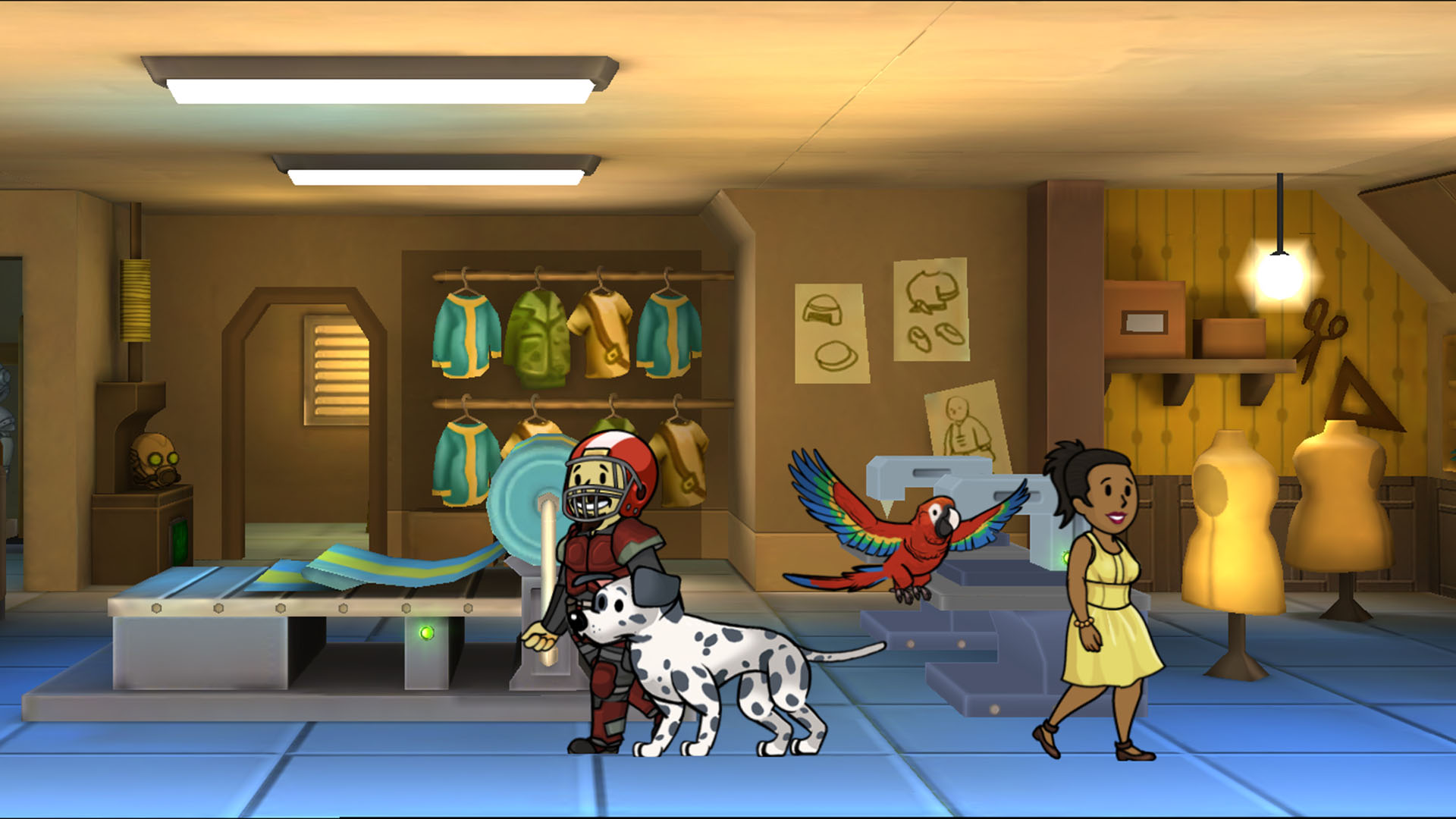
Bethesda has a very varied portfolio, from Doom to Skyrim to Wolfenstein, and it feels like that comes from the fact that you’re not shackled to that idea of churning out annual sequels.
I’m biased - I work with all of these guys and look at these things in greenlight but... if you just take a step back and look at platforms and genres, it might not immediately say to you "I see how all of those things are Bethesda titles, and how they all fit together." But the hope and belief is that when you play them, and you experience them, that you do start to feel the connection, in terms of what they’re doing and how they’re doing it.
You do start to see the commonality in terms of what they’re trying to do, and the kind of games that we make, and who we make them for, and what we find fun in games. They all feel like they’re different forms of entertainment that all fit in the same way.
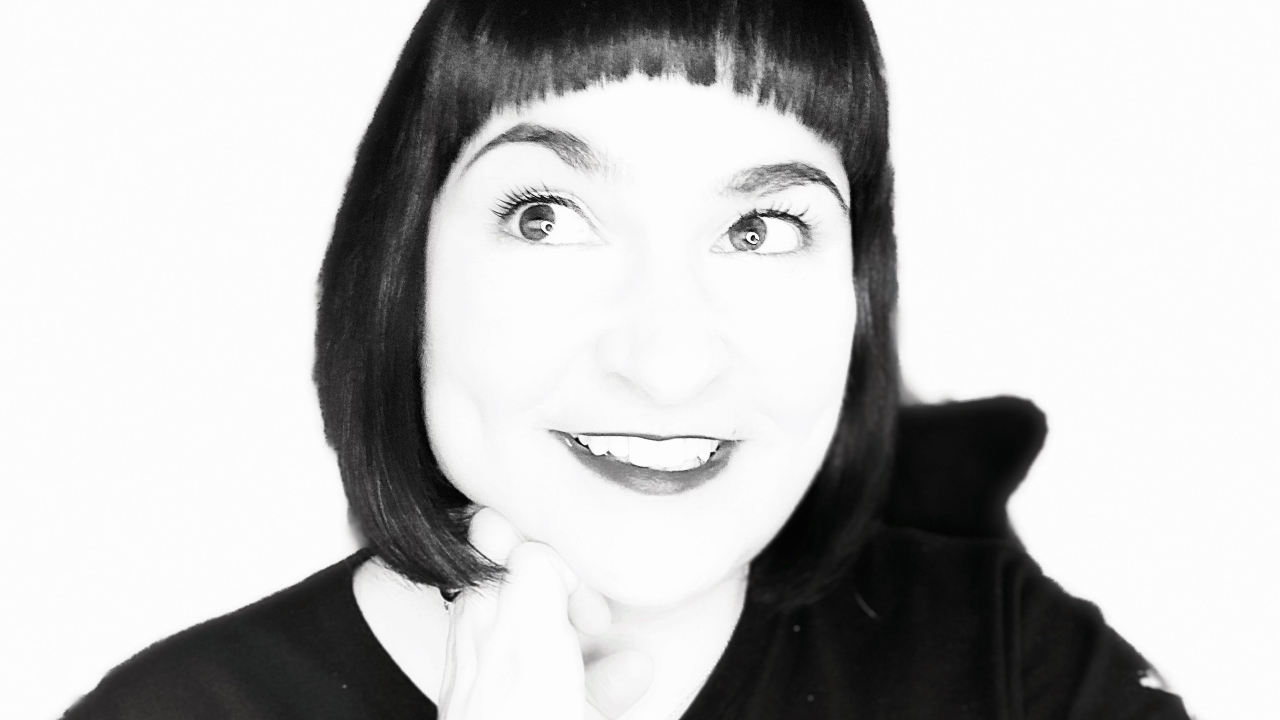
Rachel Weber is the former US Managing Editor of GamesRadar+ and lives in Brooklyn, New York. She joined GamesRadar+ in 2017, revitalizing the news coverage and building new processes and strategies for the US team.


